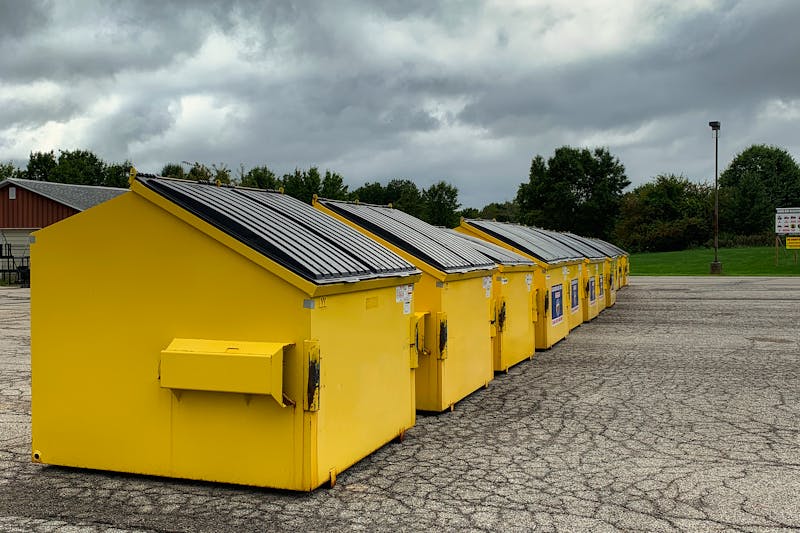 |
| Waste Management Services |
Does your daily disposal routine consist of casually throwing trash into the dustbin? Have you ever pondered about where that waste goes once it leaves your periphery? And, most importantly, are you aware of the ramifications your waste might be having on the environment? Welcome, dear readers, to a detailed discussion on just that very subject - residential waste management services.
Exploring this topic might seem mundane or even irrelevant to some, but as responsible citizens of planet earth, understanding the importance and implications of how we manage waste at home is critical. In today's blog, we will delve into the world of waste management services, its urgent necessity, various kinds of services available, and most importantly, how these can benefit your household and the environment.
The 'Why' Behind Waste Management
Waste management services, in essence, is not just about disposing of rubbish. Instead, it's a comprehensive process involving the collection, transportation, treatment, and final disposal or recycling of waste. But why does it hold such importance?
The answer is simple yet profound - proper waste management services mitigates environmental harm and promotes public health. In a world where pollution and climate change are integral conversations, administering effective waste management services strategies is no longer a choice but a necessity.
The 'What' of Residential Waste Management Services
Home waste management services offer a tailor-made solution for residential areas to manage their daily waste. These services take charge of not only collecting waste but also ensuring its proper disposal or recycling. The spectrum of waste handled is wide, spanning from organic kitchen waste to electronic junk.
These services work with regulatory frameworks and environmental safety norms to ensure waste disposal does not trigger environmental hazards. Moreover, they work with a keen focus on recycling and repurposing, thereby converting trash into treasure.
The 'When' to Seek Professional Services
For any household, entering into a waste management contract might seem unnecessary, especially if municipal services are already in place. So, when should one consider these services? The answer lies in some self-observation.
If you find that the current waste disposal process isn't environment-friendly, or you want to contribute actively towards sustainability, seeking professional help in waste management becomes essential. Moreover, if waste starts to pile up, or you notice frequent rodent or bug invasion, it's a clear sign to consider professional help.
 |
| Waste Management Services |
The 'Who' of the Game
There are numerous professional waste management services available these days. Companies like Waste Management, Inc., Republic Services, or Clean Harbors cater to residential waste management needs, with unique eco-friendly solutions aiming to reduce, reuse, and recycle waste.
Pros and Cons
The benefits of using residential waste management services extend beyond tidy homes and easy garbage disposal. Primarily, these services contribute to a healthier environment by reducing landfill waste, cutting down pollution resulting from waste burning, and promoting recycling.
However, on the flip side, these services come with costs. Often, managing waste with professional services might be more expensive than regular municipal services. Another challenge deals with time commitments, as one has to schedule regular pickups.
Conclusion
Understanding residential waste management services and their significance is a critical first step towards adopting a sustainable way of life. While it might demand time, cost and efforts, the long-term environmental benefits and personal satisfaction derived from active contribution towards a greener future cannot be understated. It's high time we reassess our waste habits. After all, a tiny step today can lead to a massive leap for a sustainable tomorrow.











No comments:
Post a Comment